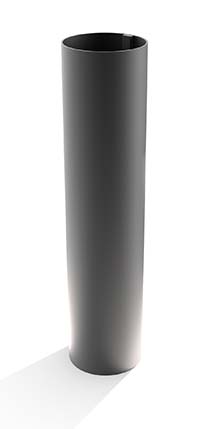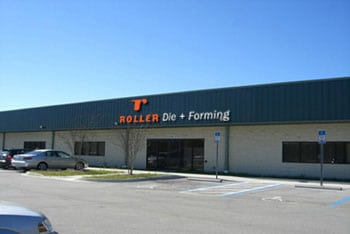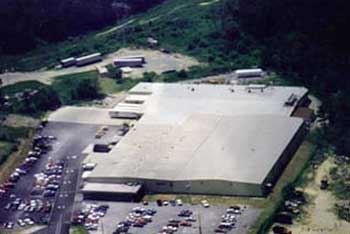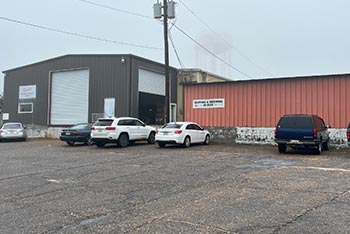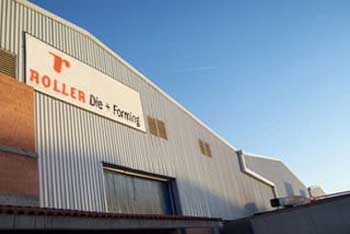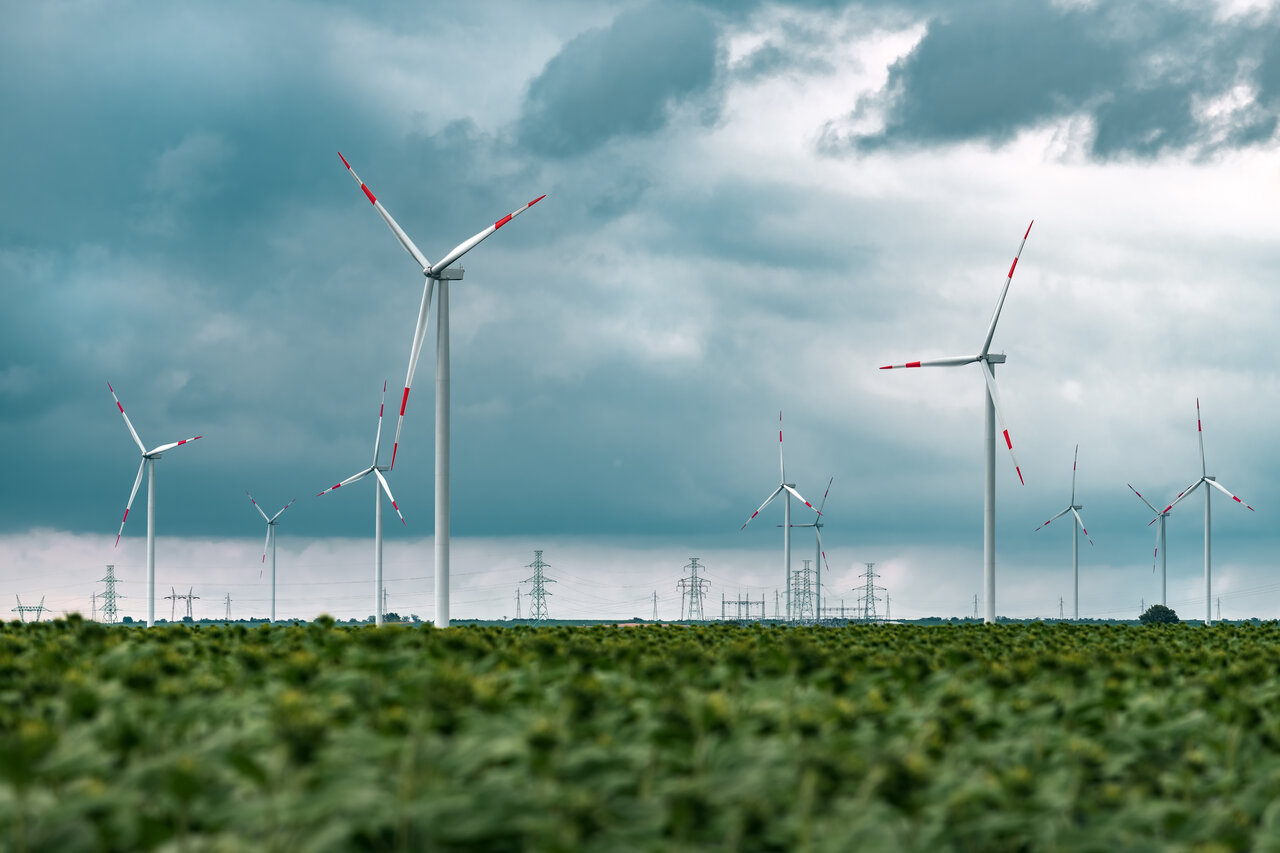The global push for sustainable and clean energy solutions has become more urgent than ever as we seek to reduce carbon emissions and minimize dependence on fossil fuels. Solar power and wind energy are at the forefront of renewable energy innovations, with an increasing number of industries turning to these sources to power their operations. Effective manufacturing techniques and material choices are pivotal factors contributing to the efficiency and feasibility of these renewable technologies.
Roller Die + Forming presents itself as a valuable partner in achieving sustainable energy solutions by offering custom roll forming solutions for the solar energy industry. In this article, we will explore the ways in which custom roll forming is revolutionizing the renewable energy sector and how Roller Die + Forming’s expertise and capabilities are supporting this crucial transition.
Custom roll forming is a cost-effective, efficient, and versatile manufacturing technique that offers immense advantages in the production of solar and wind energy components. With a wide range of materials to choose from, including steel and aluminum, this process enables the creation of durable, lightweight, and corrosion-resistant parts designed to withstand harsh environmental conditions. This is especially relevant for solar panel mounting systems, and other critical renewable energy infrastructure.
Roller Die + Forming’s experience and knowledge in custom roll forming help in generating cost reductions and improved efficiency for manufacturers and end-users in the renewable energy sector. With our high-quality roll-formed products tailored to the industry’s unique requirements, we contribute to increased global adoption of sustainable energy solutions.
In this article, we will delve deeper into the custom roll forming process and its impact on the renewable energy industry. Roller Die + Forming is enabling the growth and development of advanced green energy solutions designed to foster environmental sustainability and innovation.
The Custom Roll Forming Process and Its Advantages in Renewable Energy
Custom roll forming is a manufacturing technique that involves the continuous bending and shaping of long strips of metal into desired profiles. This process offers several benefits over traditional manufacturing methods in the production of solar energy components. The versatility of custom roll forming allows manufacturers to create complex shapes and designs, optimizing the performance of renewable energy systems.
One significant advantage of custom roll forming is its cost-effectiveness. The process generates minimal waste, reducing material costs and contributing to overall sustainability. Additionally, roll forming is highly efficient, enabling manufacturers to produce large volumes of components quickly, ensuring the timely deployment of renewable energy infrastructure.
Another benefit of custom roll forming is its compatibility with various metals, including steel, aluminum, and other alloys. These materials provide an appropriate balance of durability, strength, and corrosion resistance necessary for solar energy systems exposed to harsh environmental conditions.
Material Choices for Sustainable Energy Infrastructure
The selection of materials plays a vital role in the efficiency and longevity of renewable energy systems. Steel and aluminum are commonly used metals in custom roll forming, offering specific advantages for solar panel mounting systems and wind turbine towers.
Steel, known for its durability and strength, is an ideal material for use in structural components of renewable energy systems. Furthermore, special coatings can enhance its resistance to corrosion, providing it with the ability to withstand various elements for longer periods of time.
Aluminum, on the other hand, is valued for its strength-to-weight ratio and natural resistance to corrosion. This lightweight material can reduce transportation costs and simplify installation processes, making it an appealing choice for solar panel mounting systems and other applications where weight reduction is crucial.
Roller Die + Forming provides custom roll-formed solutions, utilizing various materials to meet the unique requirements of the renewable energy sector, ensuring products meet high standards of strength, durability, and corrosion resistance.
Applications in Solar Energy
The solar energy industry is experiencing remarkable growth as more countries adopt this sustainable power source. Custom roll-formed components play an essential role in the assembly, function, and efficiency of solar energy systems. Solar panel mounting systems, such as racking systems and ground-mount components, benefit from the strength and durability offered by roll-formed steel and aluminum.
By employing custom roll forming in the manufacturing of solar panel mounting systems, Roller Die + Forming provides the industry with robust and lightweight solutions that cater to various installation types. These roll-formed components enable secure and reliable mounting of solar panels, maximizing their efficiency and functionality over extended periods.
Roller Die + Forming’s Commitment to Green Energy Solutions
As the renewable energy sector continues to expand and evolve, the need for innovative manufacturing techniques and materials becomes increasingly vital. Custom roll forming, as demonstrated by Roller Die + Forming, offers a range of advantages in the production of durable, efficient, and cost-effective solar energy components. By providing custom roll-formed solutions tailored to the specific needs of the renewable energy industry, Roller Die + Forming is positioning itself as a valuable partner in the global drive for clean and sustainable power.
The future of renewable energy is heavily reliant on ongoing innovations and advancements in manufacturing processes and material selection. Roller Die + Forming remains dedicated to staying ahead of industry trends in steel and other metals, offering educational, informative, and unique content to build trust and foster relationships with customers in the renewable energy sector.

